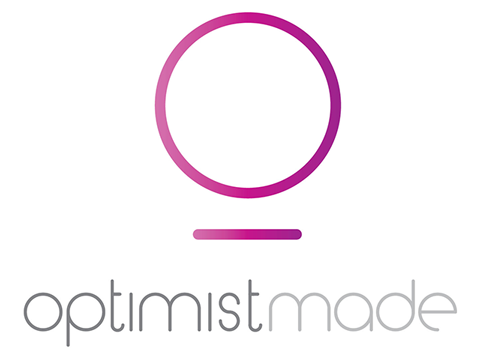MAGGIE O'MEARA
Coffee is a topic that people tend to have mixed feelings about. While some say they’ve heard that coffee is good for your health, many will drink it while saying statements like “I know that it’s bad”, or others avoid coffee all together like it’s the plague. It is confusing what this daily ritual for many means for their body health-wise.

Looking at recent research, coffee itself is not bad for you and actually provides many health benefits! Coffee contains many different antioxidants that protect the body from DNA damage1 and decreases risk of heart disease2. It has also been linked to longer life expectancy3, improved skin protection4, and liver health5. Coffee has also been shown to have effects on one’s mood, concentration, and mental clarity6.

Drinking coffee is a regular part of daily life around the world. The country that consumes the most coffee is actually Finland. The Finns are known for always having coffee in their hand, whether they’re at home or work, spending time with friends or family, waiting for the bus, when a baby is born, in happiness or in mourning. The country also has legal coffee breaks for the workforce, commonly two 10-minute coffee breaks a day. Lunch restaurants also will include a free cup of coffee with a purchase of a meal. Coffee is a significant part of the Finnish life and culture. They enjoy each and every cup thoroughly and are grateful for having the time to sip this nectar of life.

So coffee can fit into a healthy diet. However, there are a few “coffee guidelines” to keep in mind to really get the health benefits of coffee:
1) Drink In Moderation
All the research on the health benefits of coffee were for those who drink coffee in moderation. So don’t be abusing coffee and drink a whole pot just to not feel tired. Make sure to take care of yourself and get a good night’s sleep when possible. The recommended amount is 3-5 cups per day, or not over 400-500 mg of caffeine per day. The negative health effects of drinking over 500mg of caffeine per day could include nervousness, anxiety, rapid heartbeat, and insomnia.
2) Watch Additions
Coffee itself is low in calories, but all that changes when adding creamers, sugars, syrups, coconut oil, whip cream, or even butter. Of course you can add some extra flavor to your black coffee, but just make sure to recognize how much you are contributing. Enjoy additions in moderation, or just have specialty coffee drinks on occasions. Try just adding only a splash of your creamer or milk, using only half a packet of sugar instead of the whole packet, or stirring in healthy spices such as cinnamon, cardamon, or nutmeg.
3) Time Wisely
Drinking too much coffee late in the day can lead to less sleep at night. Every person has different sensitivity to caffeine, so drink the right amount for you and not too late in the day. The caffeine effects of coffee last around 5 or 6 hours, so time exactly when you should have your last cup so that you can fall asleep at a good time that night. Try switching to decaf coffee if you are just in it for the taste, which only has 4 mg of caffeine compared to the 130 mg in a regular caffeinated cup. The people of Finland who love coffee even in the evening will have decaf to ensure they can both have their cup of joe and a good night’s sleep.
- 1. Martini, D., Bo’, C. D., Tassotti, M., Riso, P., Rio, D. D., Brighenti, F., & Porrini, M. (2016). Coffee Consumption and Oxidative Stress: A Review of Human Intervention Studies. Molecules, 21(8), 979. doi:10.3390/molecules21080979
- 2. Cornelis, M. C., & El-Sohemy, A. (2007). Coffee, caffeine, and coronary heart disease. Current Opinion in Lipidology, 18(1), 13-19. doi:10.1097/mol.0b013e3280127b04
- 3. Ding, M., Satija, A., Bhupathiraju, S. N., Hu, Y., Sun, Q., Han, J., . . . Hu, F. B. (2015). Association of Coffee Consumption With Total and Cause-Specific Mortality in 3 Large Prospective Cohorts. Circulation, 132(24), 2305-2315. doi:10.1161/circulationaha.115.017341
- 4. Fukushima, Y., Takahashi, Y., Hori, Y., Kishimoto, Y., Shiga, K., Tanaka, Y., . . . Kondo, K. (2014). Skin photoprotection and consumption of coffee and polyphenols in healthy middle-aged Japanese females. International Journal of Dermatology, 54(4), 410-418. doi:10.1111/ijd.12399
- 5. Muriel, P., & Arauz, J. (2012). Coffee and Liver Health. Coffee, 123-139. doi:10.1002/9781119949893.ch7

